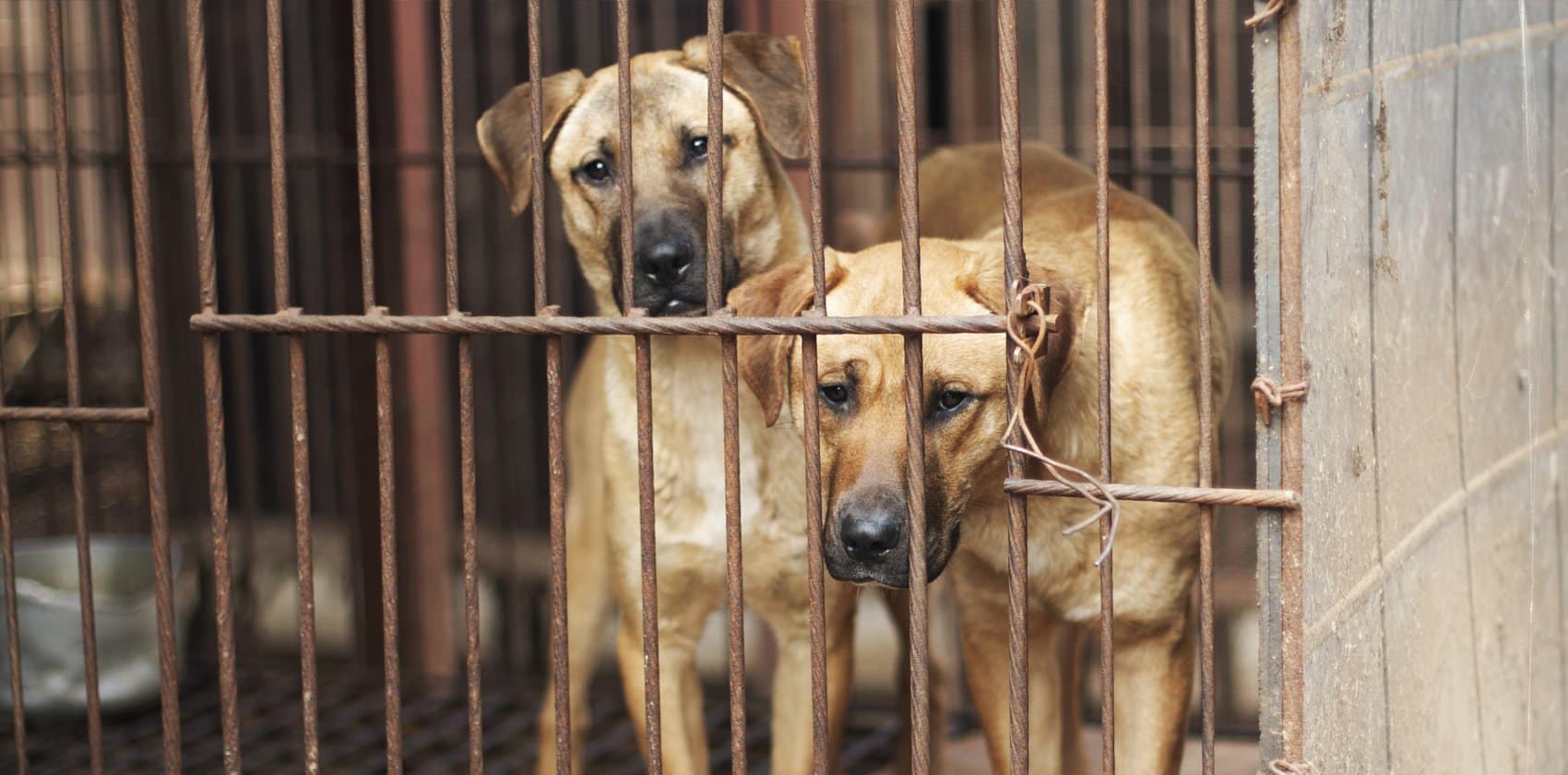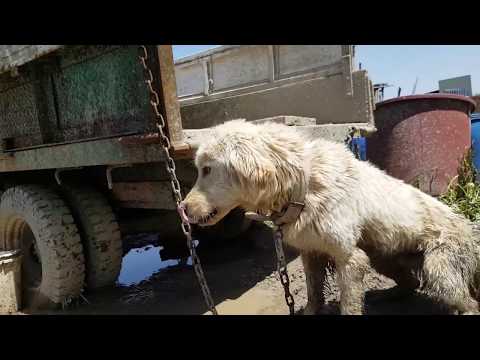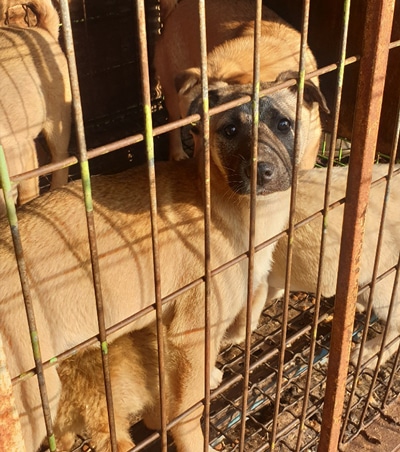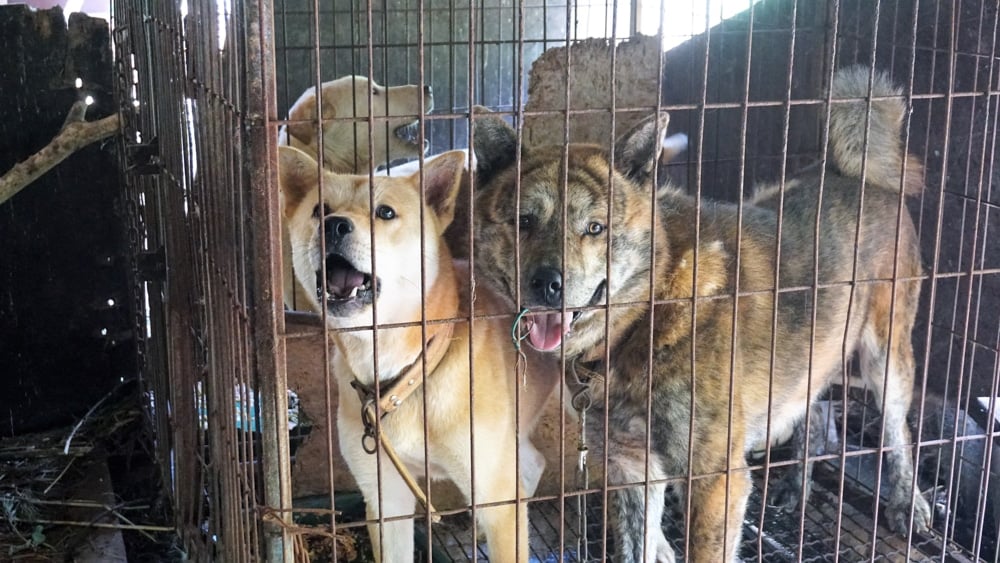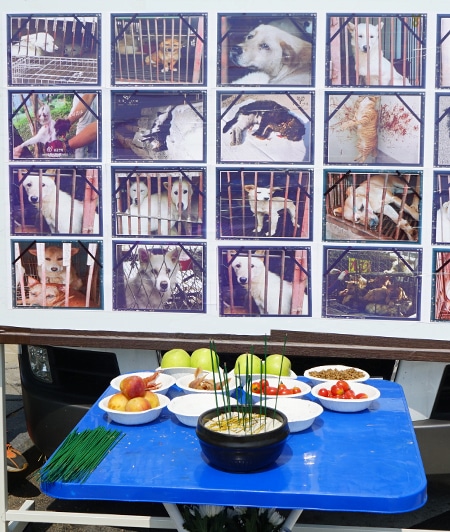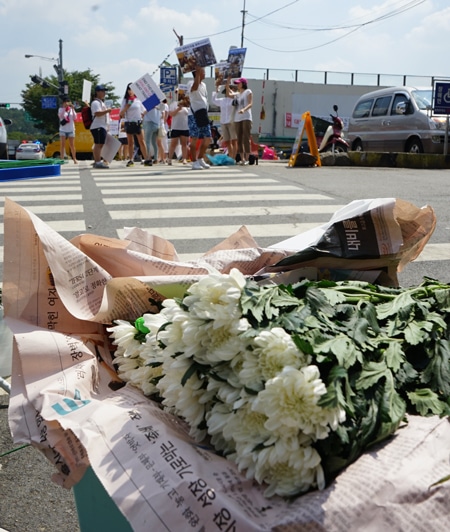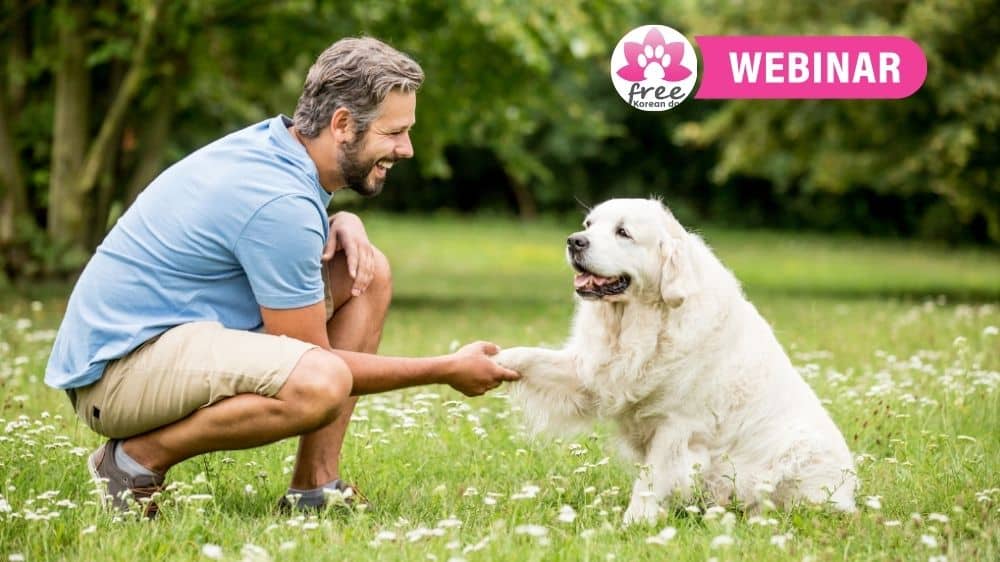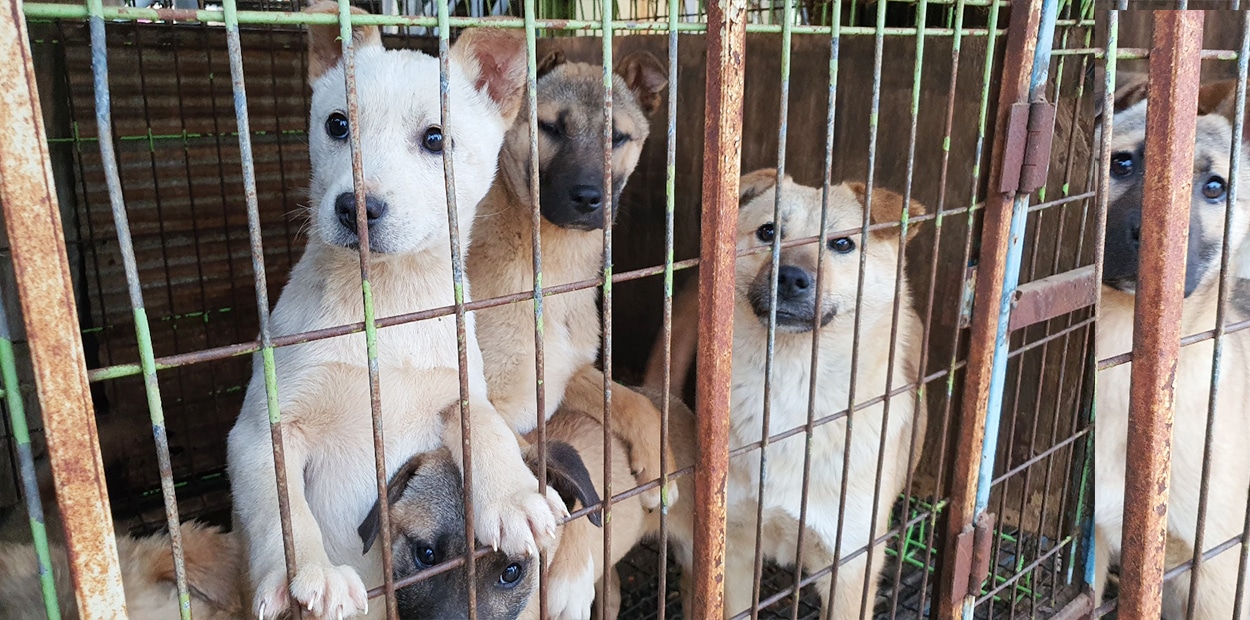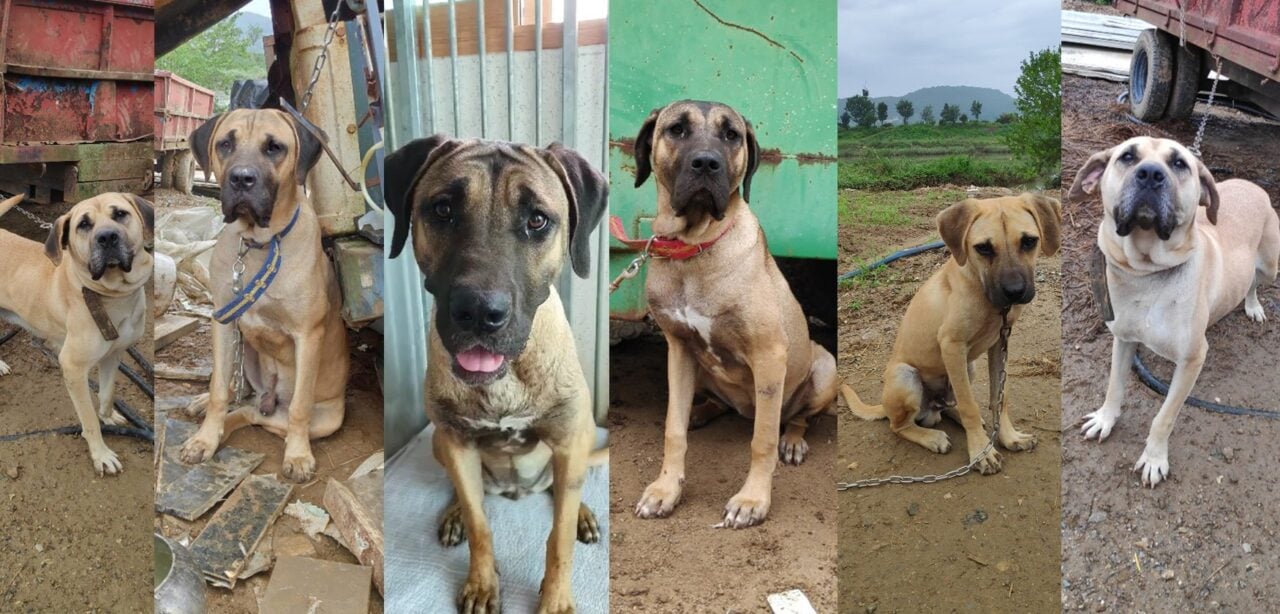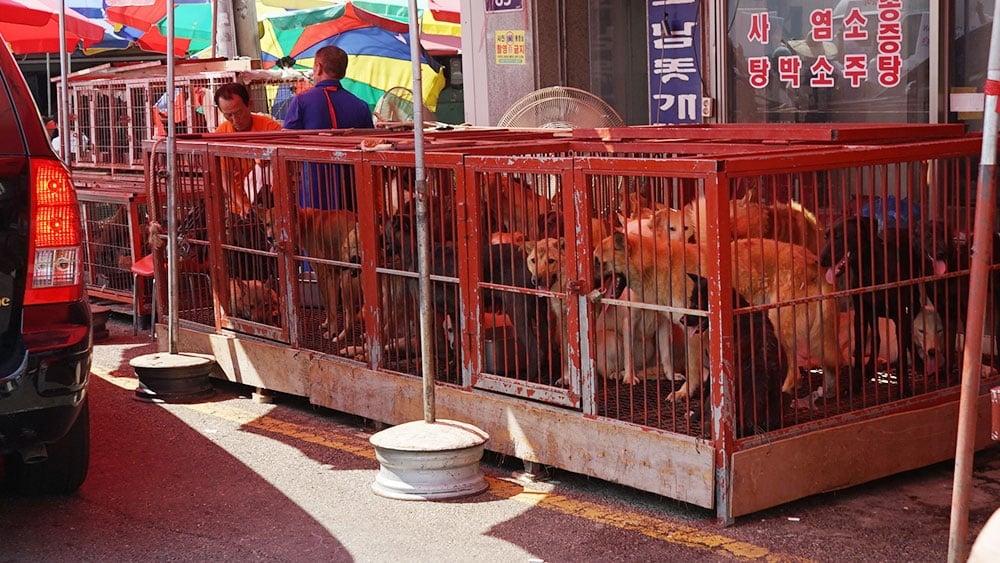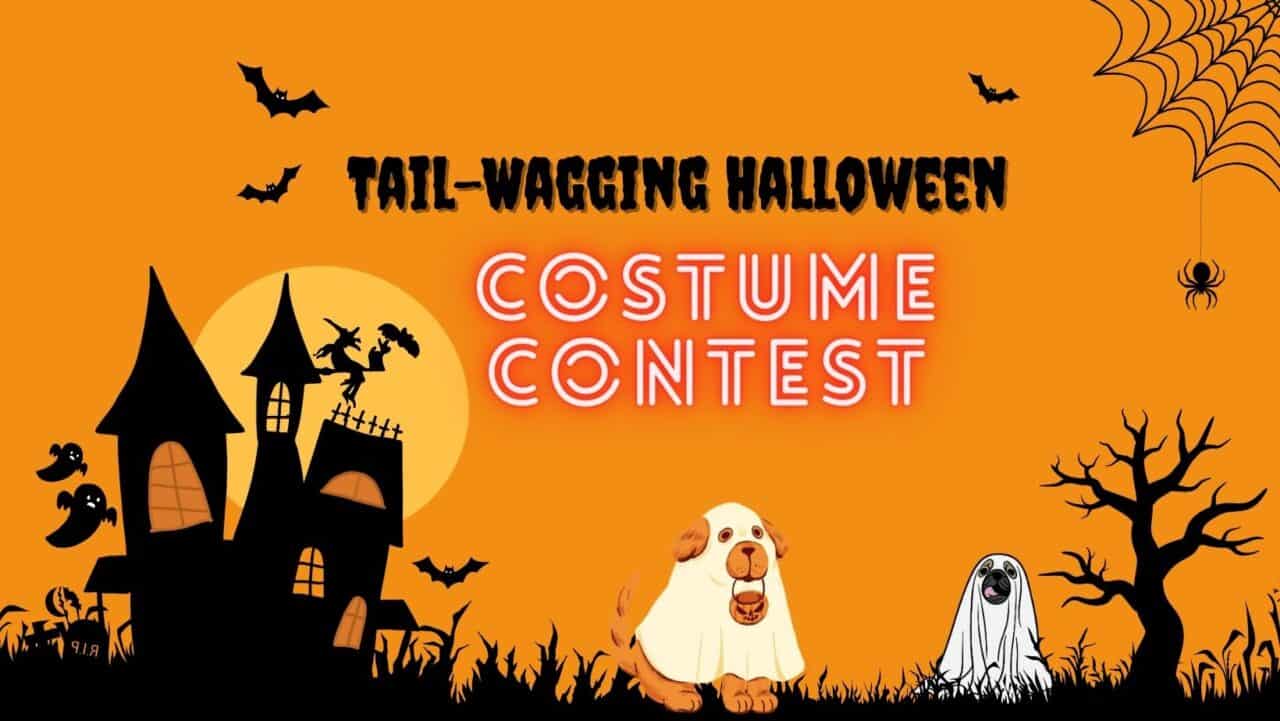Boknal: Korea’s Notorious Dog Meat Tradition
July 16th, 2020, marks the first day of Boknal, a South Korean tradition commemorating the hot summer months with the consumption of a variety of traditional stews and tonics.
Dog meat, the main ingredient of choice, is used based on a misguided belief that the meat provides various healing and immune-boosting properties, thereby reinvigorating and rejuvenating one’s overall health. This year, the days will fall on July 16th (Chobok), July 26th (Joongbok), and August 15th (Malbok). Together, they make up Boknal, the three ‘hottest days of summer’ as determined by the Lunar calendar.
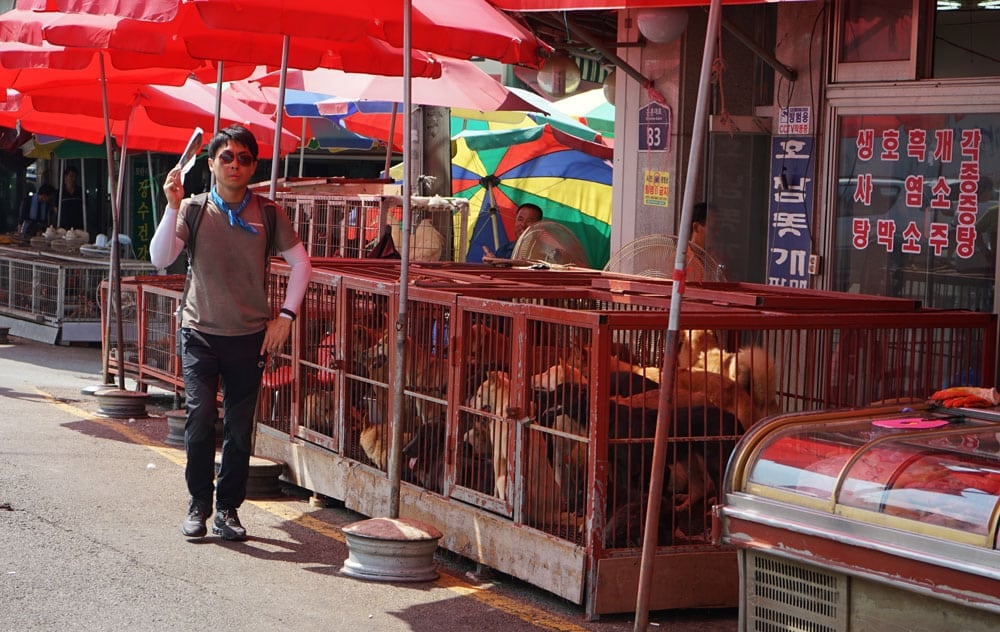
While dog meat is consumed in South Korea year-round, it is most popular during Boknal, with some individuals only eating the traditional dishes during this “special” occasion. The practice of eating dog meat is a deeply rooted practice in many Southeast Asian nations, including China, Cambodia, Laos, Thailand, and Vietnam. During the current Covid-19 pandemic, a surge in demand for dog meat dishes has been observed in Vietnam and Cambodia as many believe it will help boost immune systems and subsequently deter the contagion.
Beaten Black and Blue (and Red)
Although the Tosa (Korean mastiff) and Jindo (a breed native to South Korea) are sometimes classified as ‘meat dogs,’ the trade does not discriminate against breed or size. Dogs are sourced from different means, including meat farms, city pounds, breeders, pet auctions, surrendered pets, and wandering strays. They include various ‘pet’ breeds such as Labrador and Golden retrievers, border collies, beagles, cocker spaniels, poodles, terriers, Maltese, and mixed breeds. Enthusiasts often have preferences, believing size and breed affect the taste. During Boknal, auctions fetch higher than usual prices, making it a lucrative season for meat farmers and traders.
The atmosphere of a dog meat farm is grim and ghastly. Rows upon rows of rusted metal cages are filled with dogs covered with feces with little food and water. Once a buyer has been secured, dogs are transported to meat sellers and restaurants, often crammed on top of one another in a single cage to endure long hours of travel. Many do not survive the journey.
Dogs are displayed in cages outside restaurants and markets until they are purchased for slaughter. Once selected, they are dragged off and prepared for meat. There is no doubt of their awareness of what is to come next because many kick, scream, and fight until their last breath for their lives.
One of the most fallacious practices of the dog meat industry is to brutally and deliberately torture a dog before slaughter, under the idea the resulting release of adrenaline will enhance flavour and nutritional healing properties, despite an overwhelming lack of evidence to support these claims. Dogs are commonly beaten while hung by their necks, burned or boiled alive, electrocuted, and/or left to bleed to death slowly.
Political Greyness
The legality of the dog meat trade rests in a political grey area with contradicting laws and no precedent to guide current rules and regulations. Although it is no secret dogs are used for human consumption, they are not classified as livestock under the law and therefore are an unregulated industry without protection against sourcing, health, safety, and hygiene practices. They are, however, classified as a food under the Ministry of Health and Welfare, which vaguely defines food as simply “any edible product with the exception of drugs”.
In 1991 Korea passed its first (and only) Animal Protection Law. While the legislation does not explicitly prohibit the slaughter of dogs for consumption, it prohibits “killing animals in a way which is cruel or without proper, rational reason,” “inflicting unnecessary pain or injury to an animal,” and “killing dogs in public areas.” In spite of this, it provides no definition as to what constitutes “cruel” or a “public space” and is rarely enforced, much to the chagrin of animal rights advocates.
The Future of the Trade?
The custom of eating dog meat is now a declining practice in South Korea, limited to mostly older generations, with growing awareness, advocacy, and activism among the younger population. Declining demand, increased opposition, and criticism have pressured major dog meat markets, such as Gupo and Moran markets to permanently shut down in favour of building community parks.
In 2018, a municipal court in Bucheon ruled it was illegal to kill dogs for meat in a landmark case over accusations from activists against an illegal dog farm. While this progression is much welcomed, this shift brings about another issue – overpopulation. The puppy mills and dog breeders who once supplemented the supply of the meat trade continue to run rampant, leaving many homeless dogs in a country where the idea of keeping dogs as companions is still a developing norm, much less the pursuit of adoption.
The dog meat industry is brutal and cruel, but there is hope on the horizon. Change is developing for the better in South Korea and neighbouring countries, although there is still a long road ahead. For now, we shall celebrate the small victories as they come while we continue to rescue, advocate, and educate others on ending the dog meat trade.
Subscribe for Updates
Get our dogs in your inbox once a month, along with our latest news and events. We never send spam, and you can opt out at any time.
